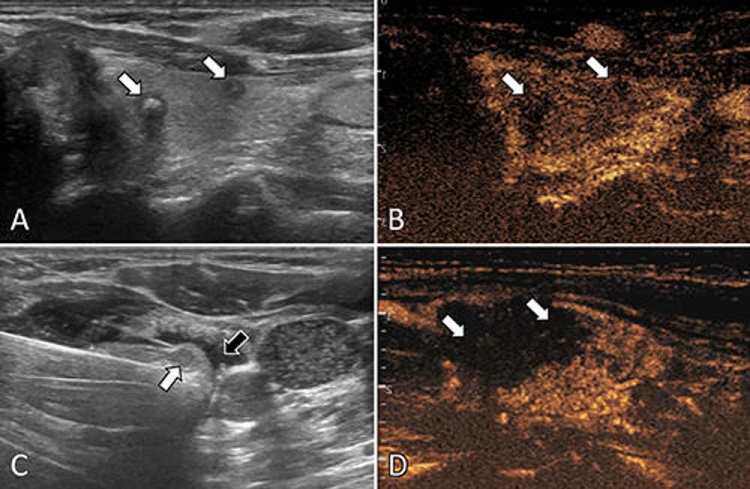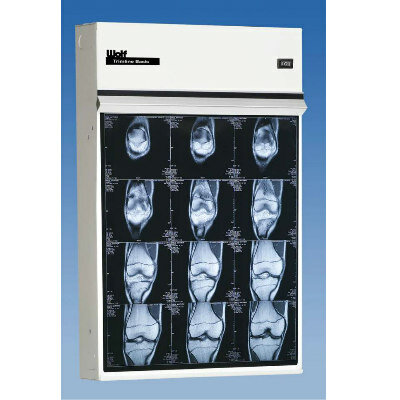Minimally Invasive Procedure Could Help Patients Avoid Thyroid Surgery
Posted on 04 Apr 2024
Papillary thyroid carcinoma (PTC), which is the most common form of thyroid cancer, frequently presents with multifocality, where multiple lumps or nodules (papillae) are found within the thyroid gland. This characteristic is quite common in PTC, with occurrences ranging between approximately 23.5% and 60%. Typically, multifocal PTC is addressed through surgical resection, entailing the partial or total removal of the thyroid. Such surgeries, however, come with potential side effects that may affect the patient's quality of life, including scarring, the need for lifelong hormone replacement therapy, and possible complications like permanent hoarseness or compromised thyroid function. Microwave ablation, a less invasive technique that employs heat to destroy tumors, is being explored as an alternative treatment option for certain patients. Now, a new study has found that microwave ablation provides comparable progression-free survival rates and fewer complications than surgery for treating PTC.
In the study, researchers at China-Japan Friendship Hospital (Beijing, China) examined 775 patients with ultrasound-detected multifocal Stage I PTC who received either microwave ablation or surgical treatment across 10 centers from May 2015 to December 2021. Utilizing propensity score matching to eliminate bias by ensuring comparability between groups, the researchers were able to conduct a more accurate evaluation of the treatment's effectiveness. Post propensity score matching, 229 patients in the microwave ablation cohort and 453 in the surgical group were monitored for a median duration of 20 and 26 months, respectively.

Results showed that microwave ablation and surgery had similar progression-free survival rates (77.2% for microwave ablation vs. 83.1% for surgery over five years), although the former resulted in reduced complications and a higher likelihood of preserving thyroid function. Other benefits of microwave ablation included less blood loss, smaller incision lengths, and shorter durations of both the procedure and hospital stays. Notably, only the surgical group encountered cases of permanent hoarseness (2.2%) and hypoparathyroidism (4%). Although microwave ablation typically does not involve preemptive lymph node ablation — a standard aspect of surgical resection — the study's outcomes suggest that microwave ablation still offers survival rates comparable to surgery without lymph node removal, marking a significant advancement in the treatment of PTC.
"Our study has shown that microwave ablation offers a promising treatment option for multifocal papillary thyroid cancer," said Ming-An Yu, M.D., director of interventional medicine at China-Japan Friendship Hospital. "Additionally, microwave ablation is associated with fewer complications and can preserve thyroid function, thereby enhancing patients' quality of life. This represents a significant advancement in the field of interventional thyroid cancer treatment."
Related Links:
China-Japan Friendship Hospital














